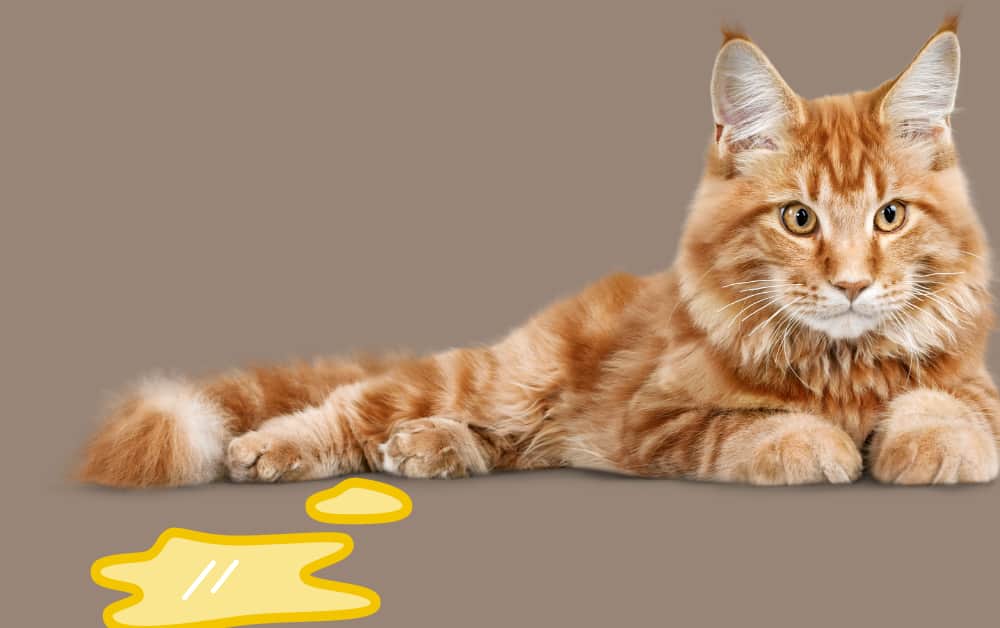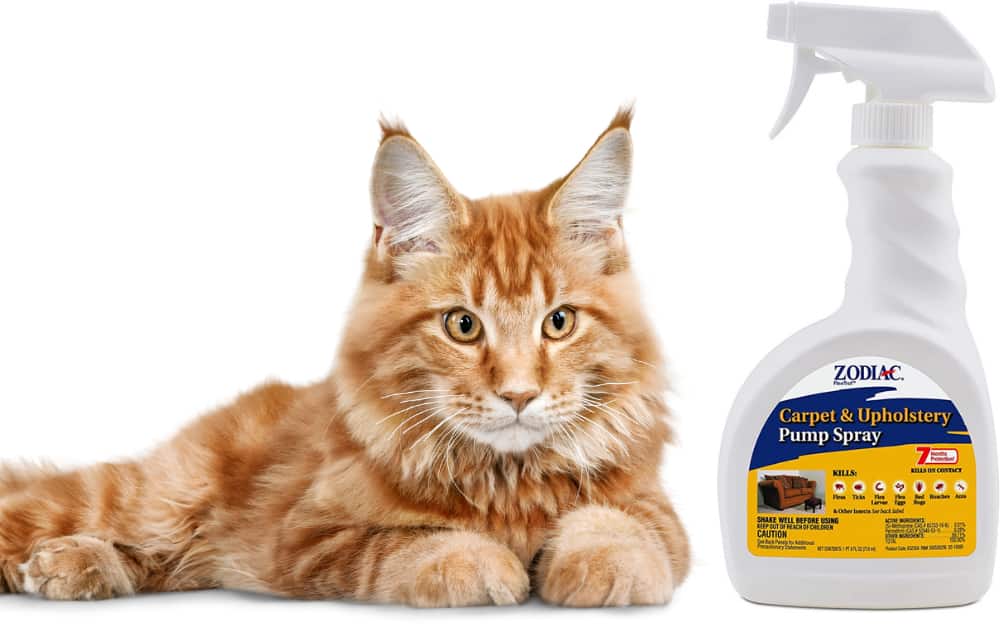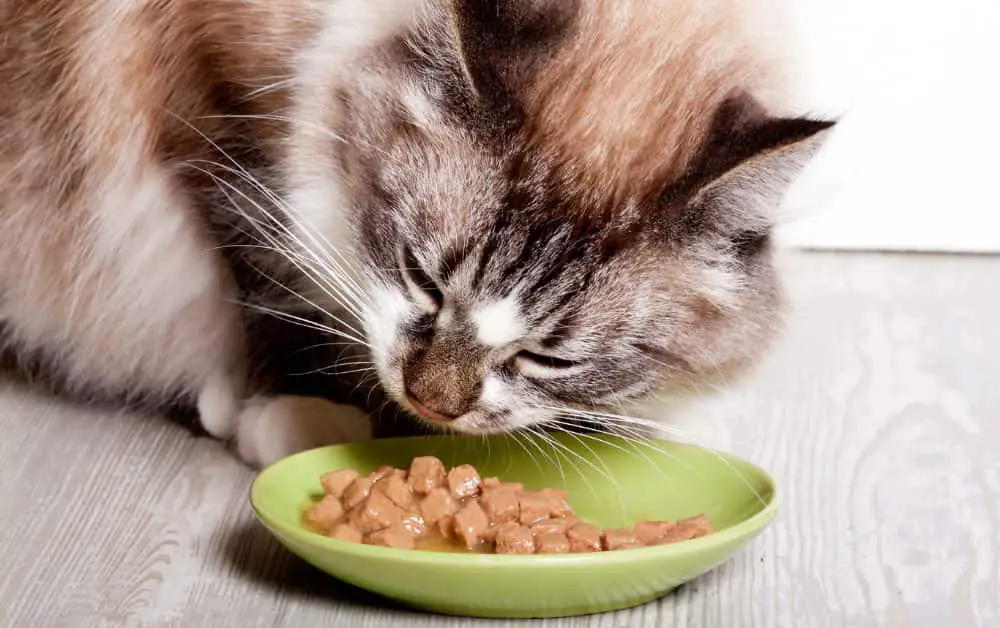For a long time, white bread has symbolized nutrition for many households worldwide. It’s an everyday staple that has been around for centuries, and it’s still a favorite among adults and children. But can cats eat white bread?
Key Takeaways:
- Cats can eat white bread in moderation; however, it doesn’t add any nutritional value.
- You can feed plain baked bread occasionally without adding flavors, jam or chocolate.
- White bread contains Carbohydrates, proteins and fats that can cause obesity and increase your cat’s sugar level.
Can cats eat White Bread?
Yes, White Bread is not toxic to cats, and they can eat it Occasionally in moderation, but it is not a necessary part of their diet and can cause stomach upset if consumed in large amounts.
Is bread safe for cats? Plain Bread without adding toxic ingredients and flavors is safe for cats in moderation.
However, there is no beneficial ingredients in bread that can add any nutritional value for your feline friends.
Bread usually contains Carbohydrates and fats that can cause obesity in felines when consumed regularly.

Which types of bread are safe for cats to eat?
Plain, unsweetened and unflavored bread is safe for cats to eat in moderation. Whole-grain bread like wheat and rye is preferred for cats as they offer more vitamins and minerals than white bread does.
If you’d like to feed your cat, it’s best to avoid sweetened and flavored bread, as the sugar content in these can be harmful to cats.
Avoid adding garlic and onion-flavored bread, as these are toxic for felines.
If you give your cat bread, ensure it is thoroughly cooked before feeding it to them, as the raw dough can expand in their stomachs and cause blockages.
Which types of bread are not safe for cats to consume?
The bread itself is not toxic to cats. However, some types of bread may contain ingredients that can harm cats.
Harmful types of Bread for Cats:
- Garlic & Onion Bread: Garlic Onion and other Allium species vegetables, is toxic to cats.
- Raisin Bread: Raisins, is toxic to cats and causes kidney failure.
- Saffron Bread: Saffron bread is not safe for cats and causes vomiting, diarrhea, abdominal pain and more.
- Bread Containing Xylitol: Xylitol, and its substitute is toxic to cats and dogs.
It is important to note that cats are obligate carnivores, so their diet should be mostly meat-based.
Feeding them bread can cause them to stomach upset and malnutrition.
What happens if cat eats bread?
If a cat eats Bread, it will likely not cause any severe harm to its health. However, it can lead to an unbalanced diet if consumed in large amounts.

Side Effects of Bread for cats
Overconsumption of Bread in cats can cause several side effects, including:
- Stomach upset: Bread is not a natural part of a cat’s diet and can cause stomach upset, such as vomiting or diarrhea, if consumed in large amounts.
- Malnutrition: Cats are obligate carnivores, requiring a primarily meat-based diet. Feeding them a diet high in carbohydrates, such as Bread, can lead to malnutrition and a lack of essential nutrients.
- Weight gain: Bread is high in calories and can contribute to weight gain, obesity and an increased risk of health problems such as diabetes and heart disease in cats if consumed in large amounts.
- Allergic reactions: Some cats may have an allergic reaction to the ingredients in Bread, such as gluten, which can cause symptoms such as itching, skin irritation, and digestive problems.
- Intestinal Blockage: If a cat eats a lot of bread dough, it can cause blockages in the stomach and intestines, which can be life-threatening.
How much bread can a cat eat?

Bread should only be given to your cat as a treat, not a substitute for proper nutrition. Always make sure the portions are appropriate and your cat doesn’t overeat.
Always consult your veterinarian or pet food nutritionist before introducing any new food into your cat’s diet.
Why is my cat craving bread?
A few reasons can compel your cat to crave and eating bread:
1) Lack of Nutrients
If a cat’s diet is lacking in specific nutrients, it may crave different types of food, including bread, as a way of trying to compensate for those deficiencies.
2) Taste Preference
Some cats may be attracted to the taste of bread, especially if they have been fed bread as a treat.
3) Behavioral Issues
Some cats may develop behavioral problems, such as pica, where they crave and eat non-food items. This could be related to boredom, stress or a medical condition and should be discussed with a veterinarian.
4) Medical Condition
Some medical conditions, such as diabetes or hyperthyroidism, can cause changes in a cat’s appetite and may lead them to crave a particular food.
Read More Informative Articles:
FAQ:
Can I give my cat Bread Baked with Added Ingredients?
Newer, give your cat Bread Baked with Added Ingredients. A less amount of Palin baked bread dough will not hurt your feline friend; however, adding any toxic ingredients can put your pet in severe health issues.
It’s best to give your pet specifically formulated cat treats, cat food or small pieces of cooked, unseasoned meat or fish.
Can cats eat Raw bread Dough?
Raw bread Dough is toxic to cats. Cats should not eat raw bread dough. Consuming raw dough can cause minor to severe gastrointestinal problems in felines, such as bloating, vomiting, and even alcohol poisoning.
The yeast in the dough produces alcohol and carbon dioxide in the cat’s stomach, which leads to a rise in the stomach and causes a blockage, which can be life-threatening.
Why does my cat love white bread?
Cats have a powerful sense of smell. They catch the scent quickly and become affectionate to a smell they like. Felines may be attracted to the smell of bread and taste.
Some cats may become more devoted to bread with a positive experience, such as being fed bread as a treat.
Is cheese bread terrible for cats?
Cheese is high in fat and sodium and can harm cats if consumed in large amounts. Also, some cats may be lactose intolerant and consuming cheese can cause digestive issues like diarrhea or vomiting.
Can cats eat bread and butter?
No.
Bread is high in carbohydrates and does not provide the necessary nutrients cats need. Butter is high in fat and can cause digestive upset if consumed in large amounts.
Final Thoughts
White bread is not toxic to cats and may be given as an occasional treat, it is not nutritionally adequate. Cats are obligate carnivores and require a diet rich in protein and essential nutrients, which white bread does not provide.
Over-consumption of bread can lead to weight gain and other health problems. Feed bread in less amount.
We recommend limiting the amount of white bread that cats consume and ensuring they receive a balanced diet that meets their nutritional needs.





